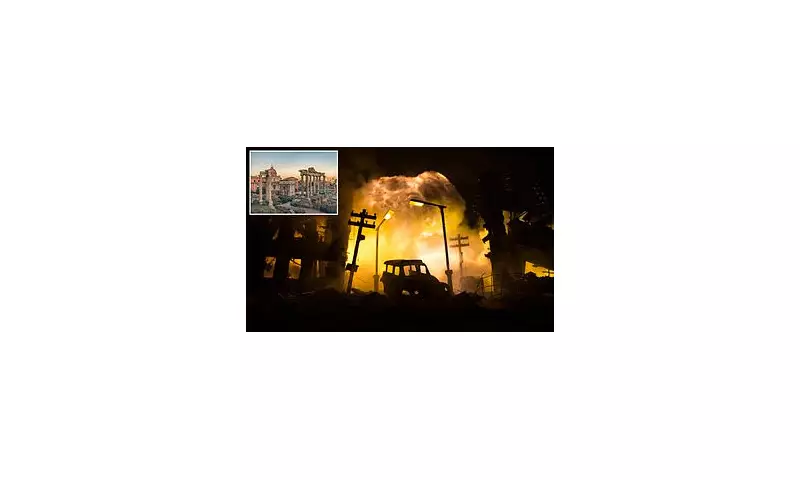
Groundbreaking research has revealed a disturbing pattern that suggests the collapse of civilisations may be inevitable. Scientists studying historical empires have identified recurring cycles that precede societal breakdown - and modern nations appear to be following the same dangerous trajectory.
The Inescapable Cycle of Collapse
Archaeologists and complexity scientists analysed data from hundreds of historical societies, uncovering four consistent stages that lead to collapse:
- Strain Phase: Societies become increasingly complex with growing inequality
- Stress Phase: Resources become stretched as population grows
- Shock Phase: A major crisis (climate, war or pandemic) hits the weakened system
- Collapse Phase: The society fragments and fails to recover
Modern Parallels That Should Terrify Us
The research highlights worrying similarities between today's world and historical societies on the brink of collapse:
- Rampant wealth inequality mirroring pre-collapse Rome
- Environmental degradation comparable to the Mayan civilisation
- Political polarisation reminiscent of revolutionary France
- Overextension of military resources like the British Empire
Can We Break the Cycle?
While the patterns appear grim, researchers suggest collapse isn't absolutely inevitable if societies can:
- Reduce economic inequality
- Implement sustainable environmental policies
- Maintain flexible political systems
- Diversify resource bases
The study serves as both a warning and a roadmap - if we heed the lessons of history, we might just avoid becoming another cautionary tale in the archaeological record.





